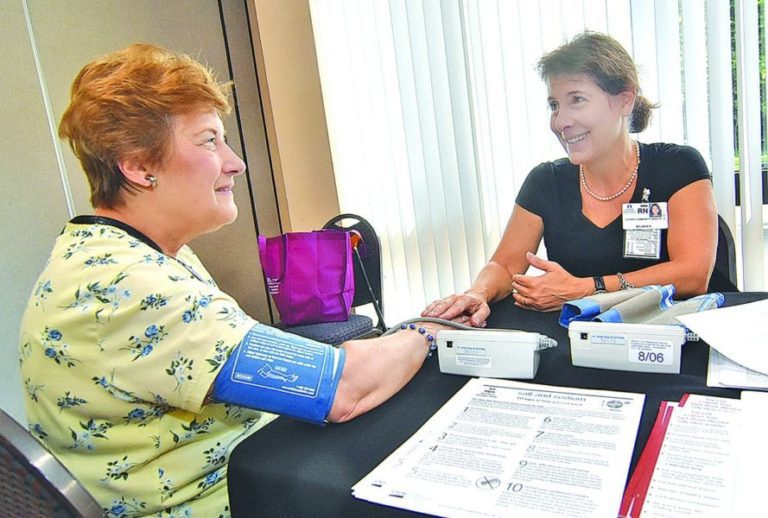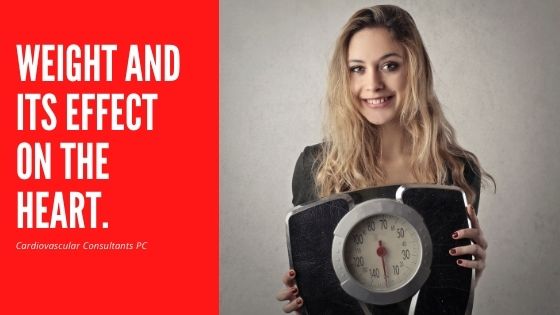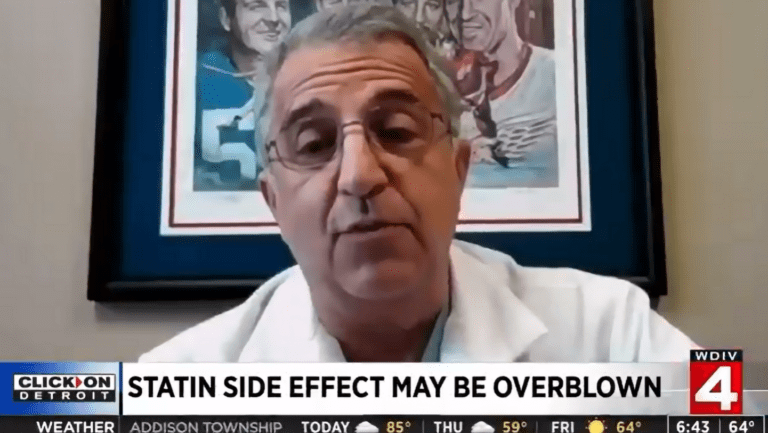The ketogenic diet is a food system based on the reduction of carbohydrates and the consumption of more fats and proteins, causing an increase in the burning of body fat to convert it into energy required by the brain and muscles.
How does the ketogenic diet work?
When you eat less than 50 grams of carbohydrates a day, your body eventually runs out of fuel (blood sugar) that you can use quickly. This usually takes 3 to 4 days. Next, you will start breaking down protein and fat for energy, which can cause you to lose weight. This is known as ketosis.
Who uses the ketogenic diet?
People frequently use the ketogenic diet to lose weight, but it can help control certain medical conditions, such as epilepsy. It can also help people with heart disease, certain brain diseases, and even people with acne.
People with type 1 diabetes are not recommended this diet, because it increases the risk of producing ketoacidosis. In severe cases, ketoacidosis ends up causing an electrolyte imbalance (potassium, calcium and sodium), causing cardiac arrhythmias.
Heart disease
It seems strange that a diet that requires more fat can increase the “good” cholesterol and reduce the “bad” cholesterol, but ketogenic diets are linked only to that. It may be because the lower insulin levels that result from these diets can let your body produce more cholesterol. That means they are less likely to have high blood pressure, hardening of the arteries, heart failure and other heart disease.
Side effects
The most common are usually not serious: You may have constipation, a slight drop in blood sugar, or indigestion. Less often, low carb diets can lead to kidney stones or high levels of acid in your body (acidosis).
Palpitations
The first weeks of practicing a ketogenic diet you will feel that your heart beats harder and faster, this is due to dehydration and lack of salt, so there is no reason for you to worry; After two weeks the palpitations will have disappeared.
-Recommendations.
- a) Drink plenty of water and increase moderate salt intake.
- b) Consult the doctor. In case you suffer from diseases such as diabetes or hypertension, it is very likely that your heartbeat increases in frequency, this is because by decreasing the consumption of glucose decreases the need to take medications to reduce diabetes, as well as hypertension improves markedly with a low carb diet; therefore the usual dose of medications that you usually consume will be very high causing heart palpitations. Hence, you need to consult your doctor to adjust the dose of your medicine or eliminate it.




